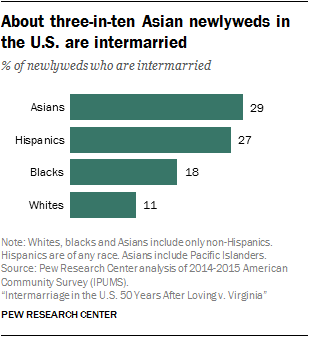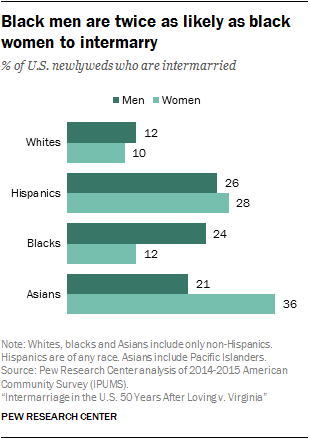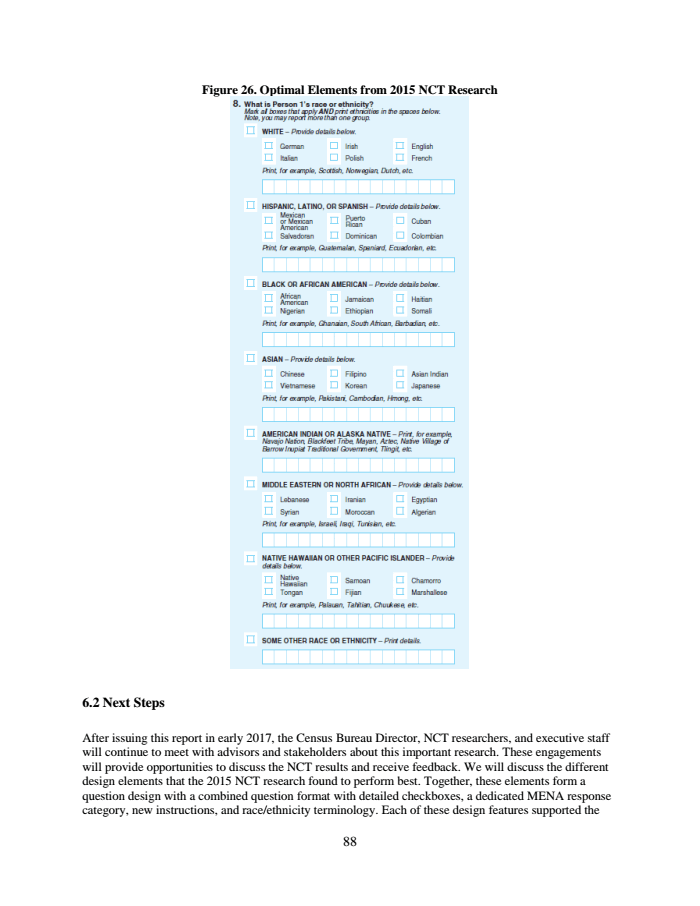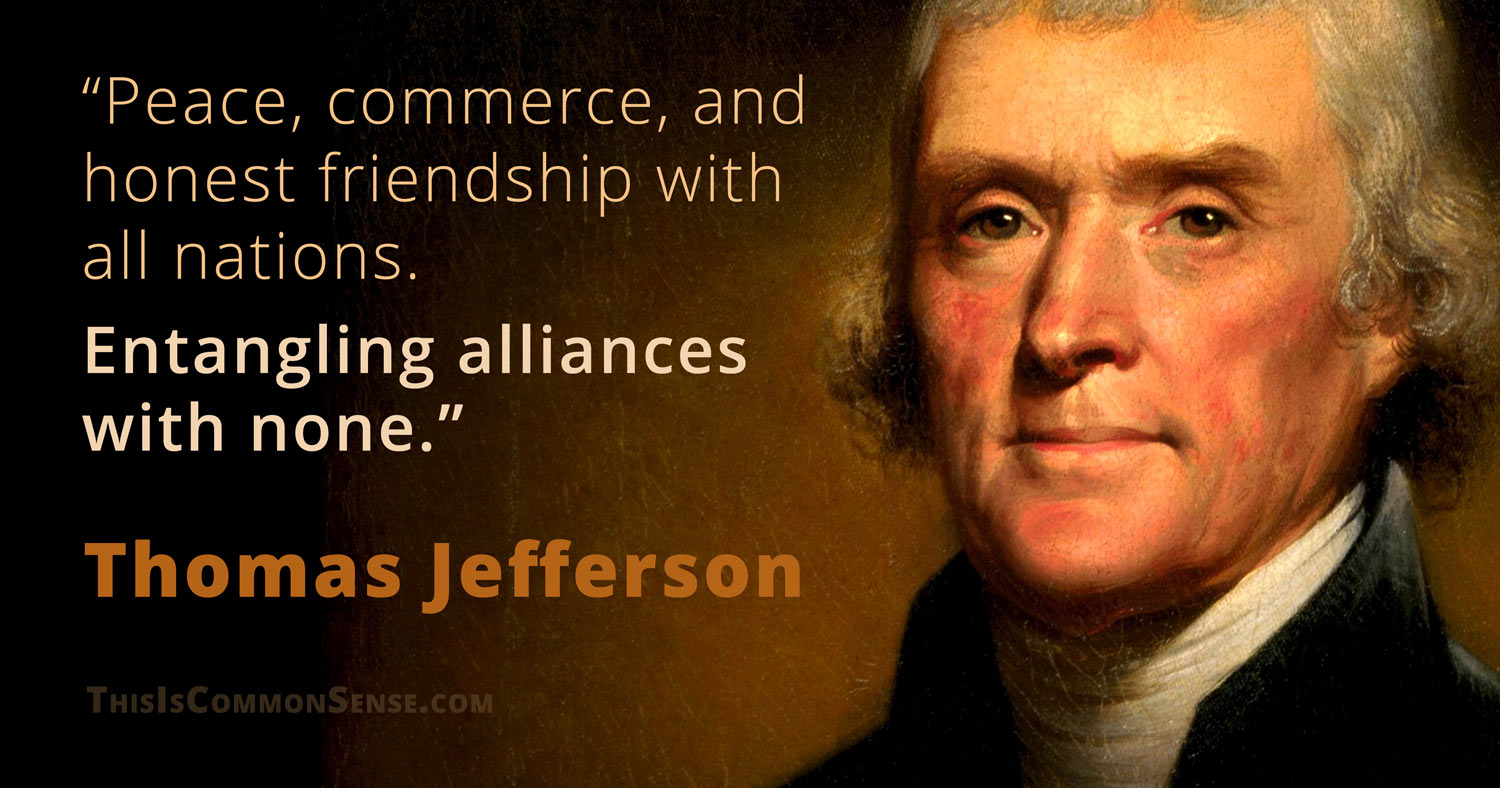Ahem.
“How is it possible to work this way if once you have agreed to something, two hours later the guy decides he doesn’t agree with what he agreed with?” said François Heisbourg, a former French presidential national security adviser. “Is there any space for a multilateral order under these circumstances?”
For Le Monde, a leading French daily newspaper, Trump’s approach seemed a deliberate attack on the postwar consensus. “Donald Trump is the same age as the world order put in place by the United States at the end of the Second World War, but one would swear he decided that the latter will not survive him,” the newspaper wrote.
Der Spiegel, the German weekly, called Trump’s performance in Quebec “a scandal without precedent” and said that Merkel and other U.S. allies must be prepared for anything — especially on trade, a topic dear to German hearts.
Britain’s Prime Minister Theresa May preferred tact to confrontation, even after Trump allies allegedly told the Telegraph newspaper that the U.S. president had grown weary of May’s “schoolmistress tone.”
Peter Altmaier, the German economy minister and one of Merkel’s closest allies, tweeted Sunday that “The West doesn’t break so easily. We are all The West, if we live and defend its values,” he wrote. “Especially, when it’s difficult.”
“By portraying him as the naughty boy in the room, he will stick even more to his behavior and it will get worse,” said Röttgen, who is a member of Merkel’s center-right Christian Democratic Union. “We have to ignore his behavior and concentrate on what is left of the substance of the transatlantic relationship.”





